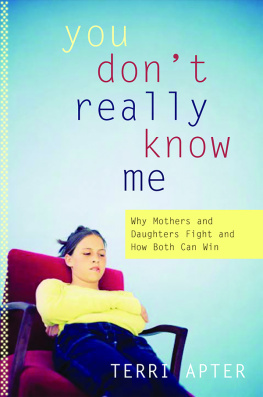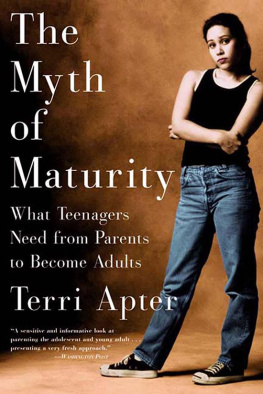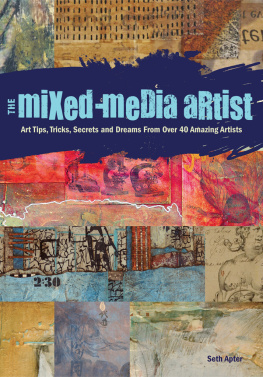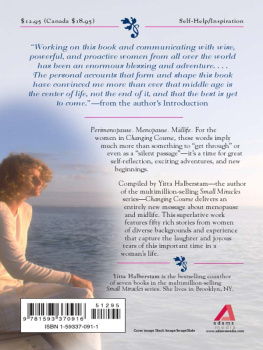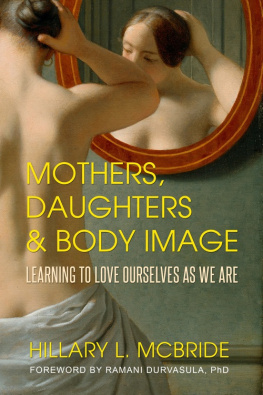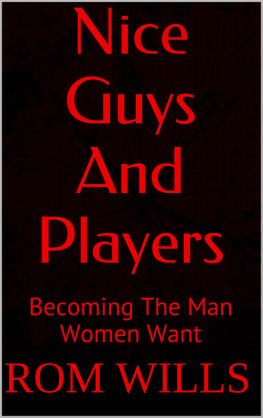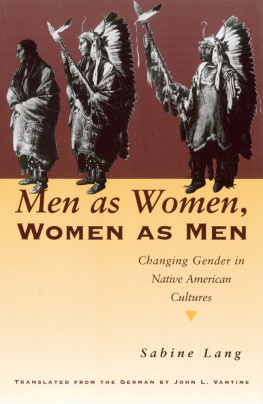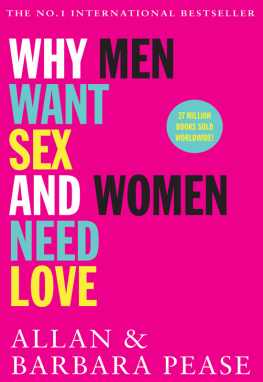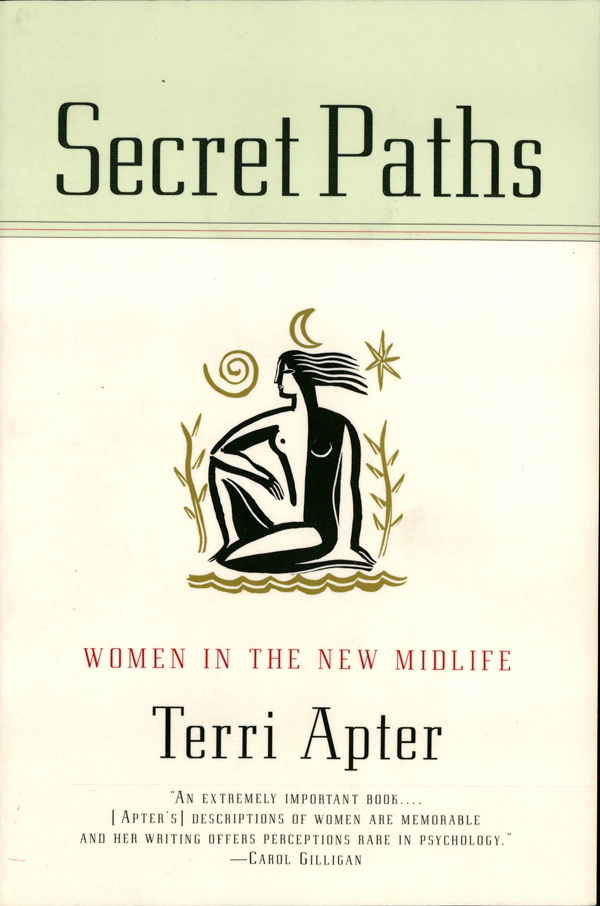T hroughout the four years during which this book was written, I have received tremendous help and support from a number of people. Elizabeth Garnsey offered encouragement at the projects conception, and has since been helpful in the framing of my research. The Betty Behrens Research Fellowship at Clare Hall, Cambridge, has supported my work during the past three years. The President of Clare Hall, Anthony Low, and his wife Belle Low, have helped provide a wonderful working atmosphere. The psychology seminar in the Cambridge Faculty of Social and Political Sciences that ran in 1992 and 1993 also provided crucial support. The comments of Carol Gilligan, Jim Gilligan, Judy Dunn, Dale Hey, Janet Reibstein, Martin Richards, and David Good were particularly helpful. Carol Gilligan and Michelle Stanworth provided useful comments on the manuscript, as well as invaluable encouragement. Mary Jacobus, Jane Marcus, and Shelley Fisher Fiskin engaged in fruitful and continuous ruminations with me. Judy Barnard provided not only a sounding board for various ideas, but also an excellent cutting service. Nancy Chodorow, with whom I discussed this project in the very early stages, offered insights that became increasingly relevant as my research progressed. My agent, Meg Ruley, made use of her enthusiasm and expertise to find the book a good home. My editor at W. W. Norton, Jill Bialosky, continually amazed me with her ability to make non-drastic but transformative suggestions.
The greatest debt I owe is to the women whose development is described in this book. Their willingness to collaborate with me, to follow lines that interested me, and to lead me when I was stubborn and slow, involve an incalculable generosity. I can only hope that the immense pleasure I had from working with them and writing this book has been shared by them.
O n my fortieth birthday, two women with whom I had been close friends in high school announced that they had several hours stopover in London before traveling on to Frankfurt. To maximize our time together, we agreed that I should drive to Heathrow, meet them as they came off the plane, find somewhere to eat, and then take them back to the airport. Then they would not have to travel to Cambridgea journey which would have eaten away half their time in England. This arrangement, however sensible from one vantage point, was not fully appreciated by my family.
Dont mind us. Its only your birthday, my older daughter assured me with barbed magnanimity.
Her younger sister fought her own disappointment to protect me: She can do what she wants. Its her birthday.
Yes, like I said. And she doesnt want to spend it with us. Her saucy grin broadened as she saw her little sisters heated response.
You always try to make her feel bad, she protested, close to tears because that big girl would always have the last word.
But it would have taken more than this to make me feel bad. The prospect of meeting these friends, whom I had managed to see only five or six times during the last twenty-five years, drew me back to those years upon which I was inclined to reflect anyway. This birthday, in particular, was a marker which demanded a question and answer period. But I had avoided this aspect of it, and was merely pleased that it promised to be without trauma, pleased that forty, now, was much younger than I had ever supposed it would be. The arrival of my girlhood friends, however, highlighted those peripheral reflections I had been putting to one side. I felt an eerie distance from the last-minute negotiations involved in clearing my schedule both at home and at work. There was a more important agenda to attend to.
As I made the tedious journey along the congested, and increasingly icy, roads to the airport I felt the warmth of memories so vivid that I wondered where all the intervening years had gone.
At fifteen, life had been hell. What had centered this hell was a sense of inadequacy too shameful to be voiced. Instead, it was patched over with flippancy and bravado. Knowing I would eventually disappoint anyone in that other worldthat world in which people with real knowledge and real skills moved effortlesslythe friendships I managed to form felt like temporary planks on the brink of collapse. My daily life consisted of the pretence that I did not know I would soon crash into the pit below. My connection with these women, as girls, had been different. They had witnessed my inadequacy and knew my fear, but found them causes for amused concern rather than revulsion. Always, one or the other had stood on the far side, smiling with confidence, or urging me on, impatient with my doubt. Whether it was enduring the humiliation of poor exam results or tending wounds from another girls snub, they were there to make my sojourn in that isolated, competitive boarding school bearable. My final years at that schoolsince they were older than Ihad been marked by their absence, a definition so palpable that it emptied the faces and hearts of all who sat next to me in the cafeteria or the classrooms. No one could touch me, once my real friends had left.
Now we were all women in, or approaching, midlife. Those adolescent terrors were left behind. The chasm of self-doubt had, after all, been bridged, one plank at a time. Yet its echoes remained. It was no longer dragging me down; but it was still part of me. I heard it now, more clearly than usual, because I was recalling the past, because I was now forty, really grown up, and should no longer hear it. Yet it formed a running commentaryon my driving, my inadequate timing, my trouble in finding my way from the car park to the terminal. I found myself listening with a new curiosity. I felt I was eyeing up a returning enemy, which I would lure into the open in order to attack.
Moments before such reunions are often dreadful. As I waited outside the customs area I could see that the freezing rain had congealed to thick snow. I despaired of their plane ever landing. I rang my home to check in, announce my safe arrival, and explain the uncertainty. My older daughter sounds younger on the phone. Her voice is thinner, less expressive, and loses its capacity to tease. Were making the most beautiful cake in the world, she told me, and in the background I could hear her sisters squeals as she discussed the icing decoration with her father. They seemed days, not hours away, so that even when the plane I awaited was announced as landed, I felt lost in the dull terminal, and worried about the difficult drive home.
My excitement turned to doubt as I scanned the figures emerging through the exit. Would I see in their middle-aged faces the young girls who had meant so much to me? And would they see, in my face, the girl who had been sustained by their affection? Might we not, in the ten years since I had last seen them, have become strangers? Had I made a worthwhile journey? Did I really want to see them?
I need not have worried. Faces of friends change even less than do our own in the mirror. It was only gradually, after our celebratory embraces and exclamations, when we were settled in a restaurant, that I could recognize the mature women they had now become. As the snow thickened, we delighted in our marooned state. The news that their flight was delayed a further four hours seemed like a gift, for we now had more time together; but they were too drained, after our lively meal, to keep up the pace of conversation. We decided to see a film, after which they might be refreshed. Our choices were constrained by film times and cinema locations, but the choice was apt, as such things which signal turning points often are. We decided on


